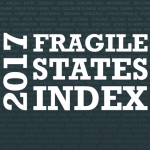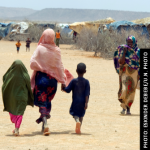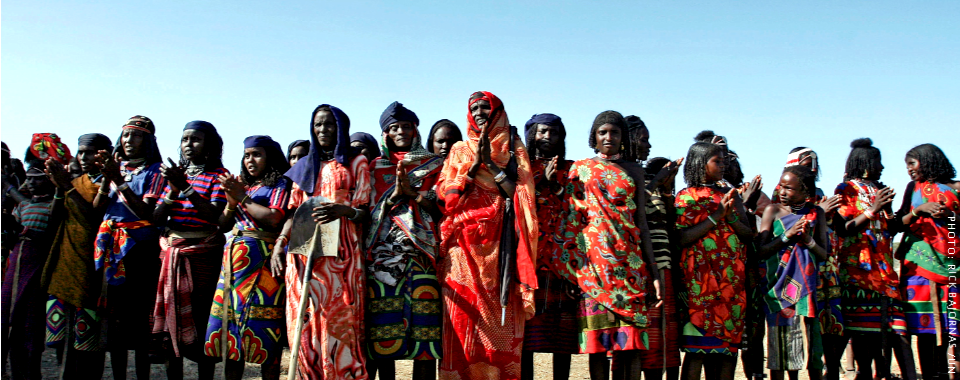BY HANNAH BLYTH AND DANIET MOGES Ethiopia experienced a momentous year of political transformation in 2018. Despite a steadily worsening trend over the decade to 2017, Ethiopia is the most-improved country on the 2019 Fragile States Index (FSI). Improving by 5.3 points to a score of 94.2 in this year’s FSI, the country‘s performance could […]
Tag Archives: Ethiopia
Fragile States Index 2017: Factionalization and Group Grievance Fuel Rise in Instability
- Sunday, 14 May 2017 19:54

BY J.J. MESSNER
Though South Sudan has returned to top position on the annual Fragile States Index (FSI) for 2017, and Finland continues to maintain its position as the world’s least fragile country, the global tumult of the past year has been borne out in the Index’s trend analysis, as Ethiopia, Mexico, and Turkey recorded the greatest worsening over 2016. A number of developed countries also recorded notable worsening scores across certain indicators, in particular the United States and the United Kingdom, which both experienced highly divisive political campaigns during 2016. The long-term trends of the FSI have also raised red flags on a number of countries – in particular South Africa and Senegal – for which the conditions that could precipitate instability have worsened significantly.
The FSI, now in its thirteenth year, is an assessment of 178 countries based on twelve social, economic, and political indicators that quantifies pressures experienced by countries, and thus their susceptibility to instability. The FSI itself is based on the CAST conflict assessment framework, a methodology developed a quarter of a century ago that continues to be implemented widely by policymakers, field practitioners, and local communities in better understanding the drivers of conflict. The FSI, adapted from the CAST framework, is assessed through a process that triangulates content analysis of over 50 million data points, with quantitative data sets and qualitative research validation.
Golden Era of Growth Fails to Mask Deeper Grievances in Ethiopia
- Sunday, 14 May 2017 19:41

BY HANNAH BLYTH
Since the end of an almost two-decades long civil war that began in 1991, the Ethiopian People’s Revolutionary Democratic Front (EPRDF) has provided relative political stability and enabled strong economic development. Though an inter-state conflict with Eritrea over disputed territory flared in 1998-2000, since the ceasefire was declared between the two countries in December 2000, Ethiopia has been on a path of strong fiscal growth and has become an increasingly respected player within the international community. Ethiopia’s Gross Domestic Product (GDP) has risen from US$8.2 billion in 2000, to an impressive US$61.5 billion in 2015 – coinciding with major injections of foreign capital from development partners. Looking past these golden dollar sign headlines, however, there are signals that deep social and political fissures have the potential to set the country back on a path to conflict.
